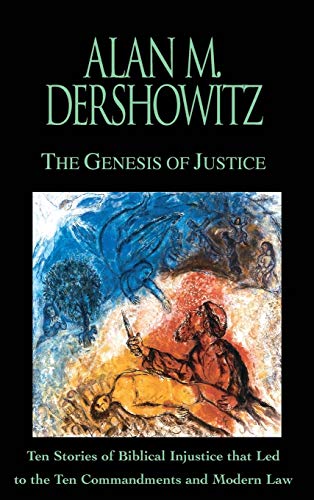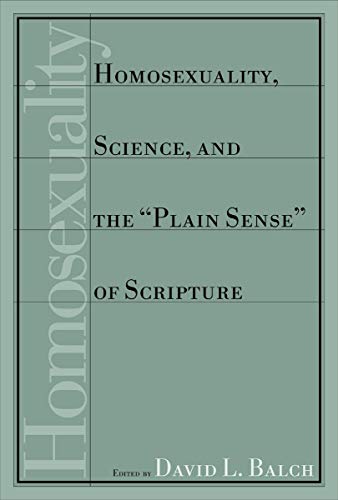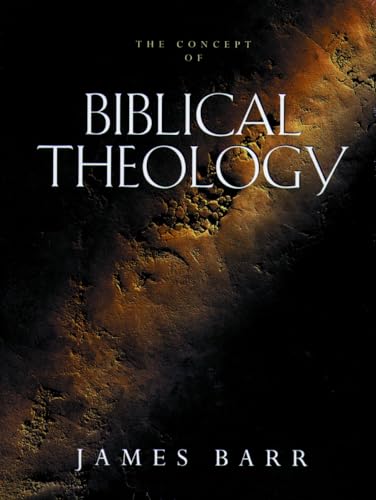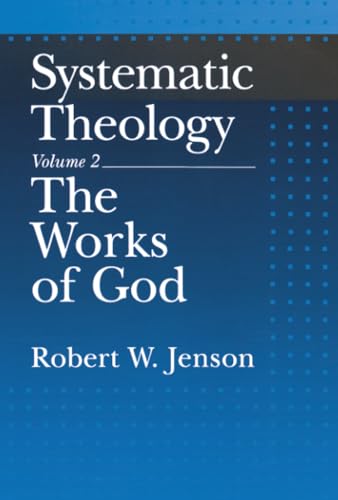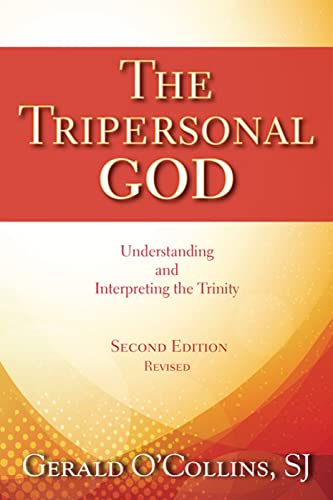Dershowitz claims that ten stories of ‘injustice’ in Genesis led to the Ten Commandments. These are: Adam and Eve, Cain and Abel, the Flood, Abraham and Sodom, Lot’s daughters, the sacrifice of Isaac, Jacob’s deception, the rape of Dinah, Judah and Tamar, and the framing of Joseph.
The book is broadly welcomed for its endorsement of the value of Biblical narrative in thinking about contemporary issues of justice. Dershowitz makes lively connections with the modern day (e.g. Cain is enrolled in ‘God’s witness protection program’ p. 51) even though not all are persuasive (how does Ex. 23:7 protect against double jeopardy?). He grapples with often difficult texts and his individual case studies make a number of good points. Highlights include the Cain and Abel chapter, the binding of Isaac, and the running theme of poetic justice in the lives of Jacob and his descendants. Dershowitz excels at engaging modern readers, and assembles his information in a highly accessible way. Chapter 13 (‘Is there justice in this world or the next?’) is possibly the best, in part because the problem of injustice in this life favours the author’s critical stance.
Billed as a look at Genesis from a ‘modern legal perspective’, the book begs the question as to why this should be an appropriate way of reading Biblical law. It makes two main claims: first, that the genesis of our sense of justice is the ‘injustice’ recorded in Genesis; and secondly, that there is a direct link between these stories and the Ten Commandments. Neither claim convinces. Dershowitz controversially labels God’s actions and judgements in Genesis as ‘unjust’, but for all the bluster his thesis is nothing more than a caricature. For example, the charge that God is unjust because he gives Adam and Eve a ‘disproportionate’ punishment is made by soft-pedalling questions of harm and culpability. Dershowitz should engage more seriously with those who regard the God of Genesis as just. But he cuts himself off from such a debate, describing this view as ‘the first step on the road to fundamentalism’ (74).
Elsewhere, big claims hang on slender threads. The assertion that ‘the text of Genesis supports the view of an imperfect, learning God’ (40) turns out to rely on God’s observations that his creations are ‘good’. This apparently shows God’s imperfection insofar as creation ‘might have turned out otherwise’ (40)! The complaint that ‘the way of the Lord is not just’ perhaps receives its answer in Ezekiel 18:25: ‘… Hear now, O house of Israel: Is my way not just? Is it not your ways that are not just?’
The second major claim of the book—that these narratives ‘led’ to the Ten Commandments—is just as questionable. Dershowitz claims that ‘these laws are a reaction to the anarchy of the narratives’ (245), as if Genesis had a monopoly on this theme. What makes the anarchy of Genesis special? Granted the close similarities between, say, Genesis 19 and Judges 19, on Dershowitz’ reasoning we could equally tie the Ten Commandments to Gibeah. What he really needs is evidence that his chosen texts predate the Ten Commandments (an ironically fundamentalist position). Dershowitz insists that he doesn’t want to write a book about who wrote the Bible (14) but his argument depends upon answering this question.
Instead of attempting the more modest task of finding literary connections (in either direction) between the Genesis narratives and the Law, Dershowitz opts for bald statement, for instance that the Fifth Commandment is rooted ‘in the stories of dishonour cast upon parents in Genesis’ (249). Why not, say, the story of Eli and his sons in 1 Samuel? Other claims that the Ninth Commandment derive ‘directly from Potiphar’s wife bearing false witness against Joseph …’ (250) lack any kind of textual support. Provocative, but not kosher!
Jonathan Burnside
Bristol University


